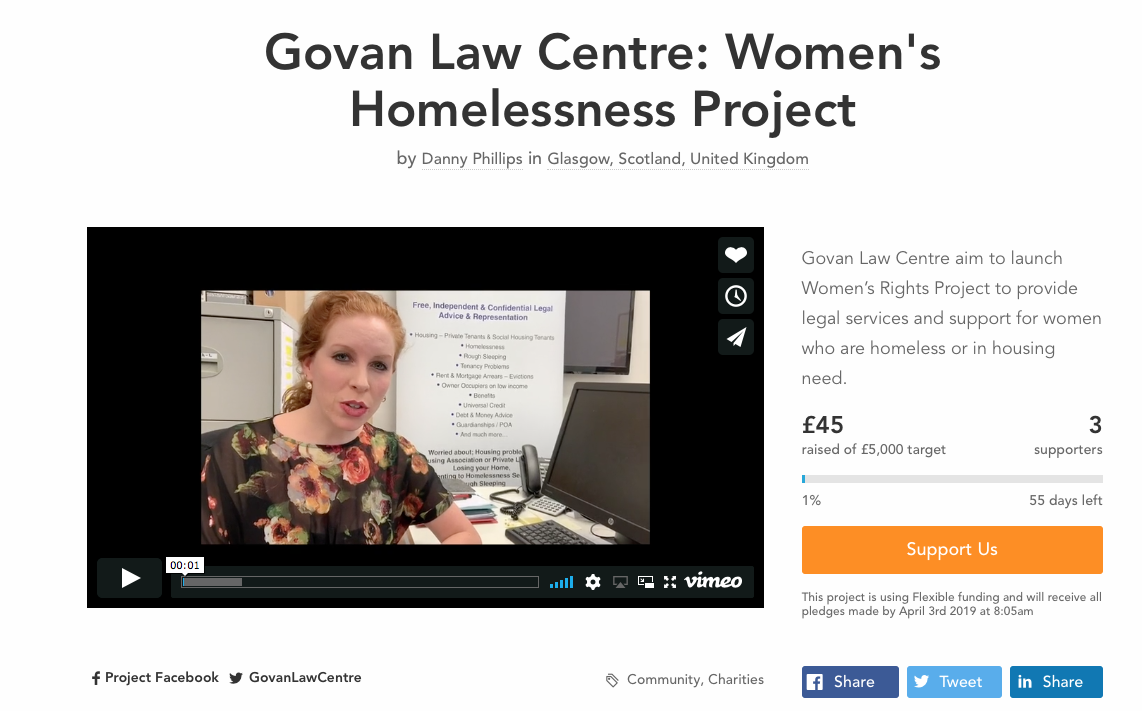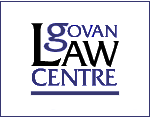Call for the President of the Law Society of Scotland to resign, from GLC's Principal Solicitor. 
Referenda are a powerful means to provide certainty on important issues. But the democratic authority of any vote depends upon whether it has been conducted fairly and transparently.
The UK Parliament recognised this in enacting the Political Parties, Elections and Referendums Act 2000. Part VII of that Act ensures that any UK referendum is conducted fairly, with both sides of an issue having equivalent financial resources, and equal routes of access to influence the plebiscite with their literature or voting message.
The current Scottish debate on Alternative Business Structures or ‘Tesco Law’ is subject to two forthcoming votes: a Special General Meeting on 25 March, and a referendum thereafter. The body responsible for conducting these votes is the Law Society of Scotland.
The Law Society of Scotland is the Returning Officer, charged with operating and conducting the ballot of its members, and counting the votes cast at the SGM and referendum on Tesco Law. The electorate are 10,500 Scottish solicitors, who are members of the Law Society of Scotland.
Yet, have you ever heard of a Returning Officer deploying all of their financial resources and staff to influence a vote? Actually, not just influencing a vote, but aggressively and overtly campaigning for a particular outcome in that vote?
No? Well, incredibly this is what the Law Society of Scotland is doing. It even has a Scottish Government Minister speaking on its platform today to tell us why we must support the Law Society’s and the Scottish Government’s desire to allow external ownership of Scots legal firms by financial institutions and other non-solicitor bodies.
Now, I have no problem with Ian Smart travelling around Scotland to preach the false virtues of Tesco Law to Scottish solicitors. That’s his personal right as a solicitor, but not as President of the body which is conducting the poll of its members on this issue. On his own time and expense only.
Likewise, why is Lorna Jack, the chief executive of our Society, travelling around Scotland to encourage solicitors to vote for Tesco Law? Ms Jack is a paid official, she is not a Scottish solicitor. She has no vote. Why should she use her official position to influence the outcome of a democratic vote?
The Law Society’s view on Tesco Law is what its members tell it; not what the President, Council, or the chief executive think. Otherwise, what’s the point of holding of a democratic plebiscite?
Likewise, I have no problem with Janet Hood promulgating the benefits of Tesco Law to in-house solicitors. But not as Chairman of the Law Society of Scotland’s In-House Lawyers Group, using the Law Society’s resources and confidential membership data to influence the vote of members. Data which is not available to those solicitors who disagree with Tesco Law.
The Law Society of Scotland is presiding over a polling exercise whereby it is also the chief campaigner and PR agent for ‘Tesco Law’. It’s the judge, jury and executioner of the independence of our profession.
Our Office Bearers and officials should be neutral in this debate: they should permit their members to advocate for, or against, Tesco Law. They have failed to do so. Worst still, they have taken it upon themselves to dictate to members how they should vote. This democratic deficit can only be described as Mugabesque. It’s thoroughly unfair and brings our profession into serious disrepute here at home, and internationally.
When I was on a recent Human Rights mission in West Central Africa, the British High Commissioner explained to me how certain vested interests paid for votes by slapping a 5000 CFA note on a voter’s forehead. Such undemocratic practices were utterly deplorable and repugnant, but how different are they to some people who should be impartial using their positions as Office Bearers and officers to sway the vote on the future of Scotland’s legal profession?
Scotland’s solicitors have been placed in a deplorable position. Cometh the hour, cometh the man or woman. Leadership is vital in critical moments. I sincerely believe that our President has sold the purse; he has failed to provide leadership; he has failed to promote and safeguard the interests of our profession. He has been responsible for an undemocratic and unfair voting process. I believe that our President, Ian Smart should go, and go quickly.

Go, and go quickly
 A coalition of Scottish solicitors including Thompsons Solicitors, the Glasgow Bar Association, Govan Law Centre and others, have come together under the principle of 'Justice for Scotland' to reject 'Tesco Law' and call for better legal services for Scotland's citizens and communities.
A coalition of Scottish solicitors including Thompsons Solicitors, the Glasgow Bar Association, Govan Law Centre and others, have come together under the principle of 'Justice for Scotland' to reject 'Tesco Law' and call for better legal services for Scotland's citizens and communities. 






























